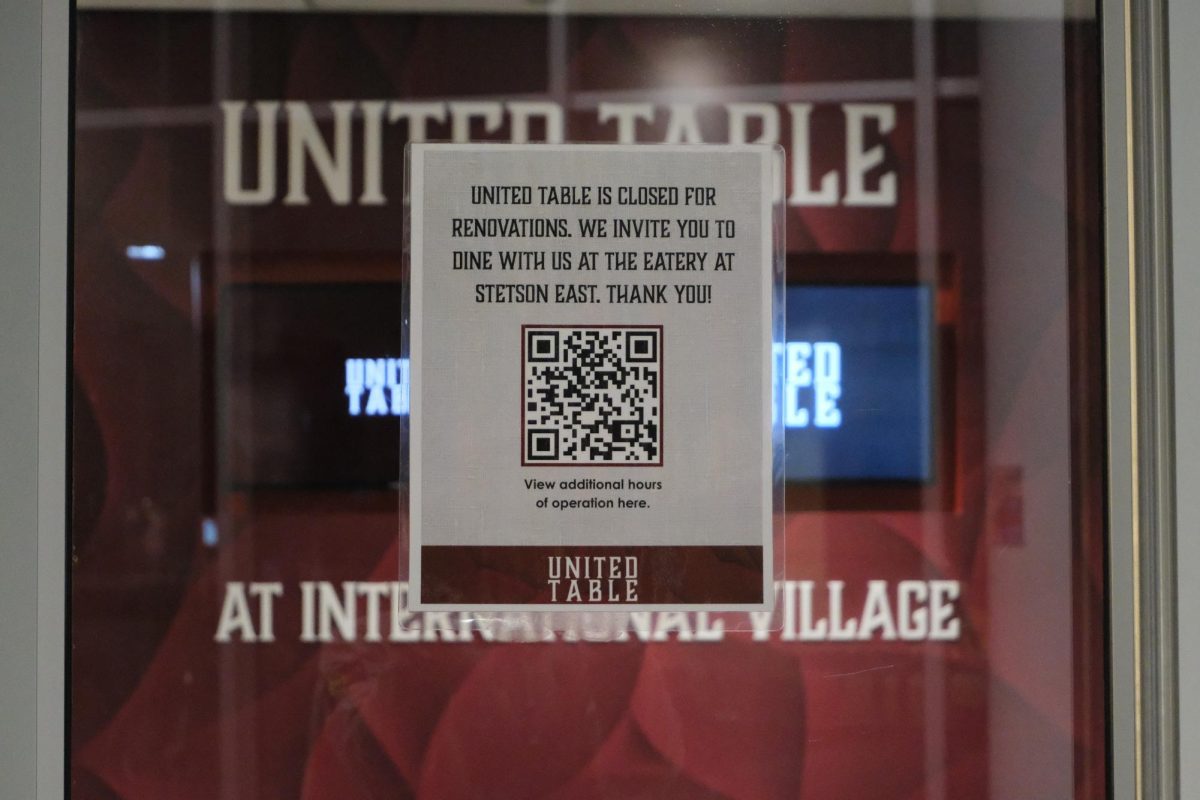By Joe Goldberg
The loss of Democratic Senator Paul Wellstone to a plane crash last week was a tragedy for Americans of all political persuasions. I’m not one to give politicians undue praise, but Wellstone’s courage made him a rare breed in American politics. He brought humility, candor, and honesty to perhaps the most pompous institution in the world.
I was lucky enough to meet Senator Wellstone in 1999 when he gave a speech at Harvard University. What struck me first was his ability to blend in a crowd. He mingled like everyone else, lacking the ultra-polished phoniness that many of us associate with politicians. He came without secret service, news media, or an entourage of any kind – just one man giving a speech.
After speaking eloquently about the need to limit arms proliferation, he opened the floor to questions. I couldn’t resist inquiring about his maverick reputation. I asked him how difficult it was to pursue an anti-war agenda when his own party, then under President Clinton, had shown a willingness to use force in a variety of circumstances.
His answer was simple: “I vote my conscience on matters of war and peace. When it comes to dropping bombs, I feel that I have no choice other than doing what I think is morally right.”
Following the Q’A session I was waiting for my parents in the lobby when the senator sought me out, then a 19-year-old college sophomore, in order to elaborate on his answer. He sort of pulled me aside and nearly whispered something like the following:
“The truth is that occasionally Daschle, or the President will convince me to change my vote, but it’s very rare. They understand that I vote on principles and ultimately they respect that.”
While I personally disagree with Wellstone’s stances on free trade, labor, and certain defense measures, I understand that those strong principles came from a deep sense of morality. Unfortunately somewhere along the line, many of his fellow Democrats decided that politics and morality are mutually exclusive. Al Gore’s decision in 2000 to trade in environmentalism for coal miner votes is a perfect example. The result of the election suggests that aside from the ethical quandary it causes, this strategy doesn’t even work.
Maybe democrats should take a lesson from Wellstone’s sense of morality when making their political decisions. The fact is that while many pundits said his numbers would go down, Wellstone’s popularity actually went up after voting “No” on Iraq. It seems that morality is still in style after all, and that it may not run contrary to re-election politics.
My point here, however, is not to devise a Democratic political strategy, but rather to inform students of why Senator Wellstone’s death is such a tragedy.
What I admire most about Senator Wellstone was his courage. He often made politically unpopular votes, siding with his conscience instead of the polls. As the only Democrat in a close re-election race to vote against the Iraqi war resolution, he showed tremendous strength of conviction in his final weeks.
Students should know that as a former political science professor, he valued education tremendously. His comments on the senate floor about Bush’s budget sum up how many of us feel:
“In his inaugural speech President Bush talked about ‘leaving no child behind.’ And the President, in his education proposal, also spoke about ‘leaving no child behind.’ I think that is a wonderful value and a wonderful vision for our country. But where in this budget, where in the arithmetic of the tax cuts and the surplus will there be the investment to make sure that no child is left behind? I am sick and tired of symbolic politics when it comes to children’s lives.”
Senator Wellstone also fought tirelessly in the senate for mental health parity under citizens’ health insurance policies. As someone with mental illness in my family, I can testify as to the financial burden it causes, and the importance of this fight. He also fought against human trafficking, by passing a bill that aims to prosecute those who perpetrate this horrific crime. Criminals that recruit unsuspecting young girls from Eastern Europe with false promises of economic improvement, only to force them into sexual slavery, are far more likely to face justice because of Paul Wellstone. He knew that neither of these bills would gain him many votes, but his sense of morality led him to fight for them nevertheless.
Many people had never heard of Senator Wellstone before last week. They should know that he was not just another politician.








